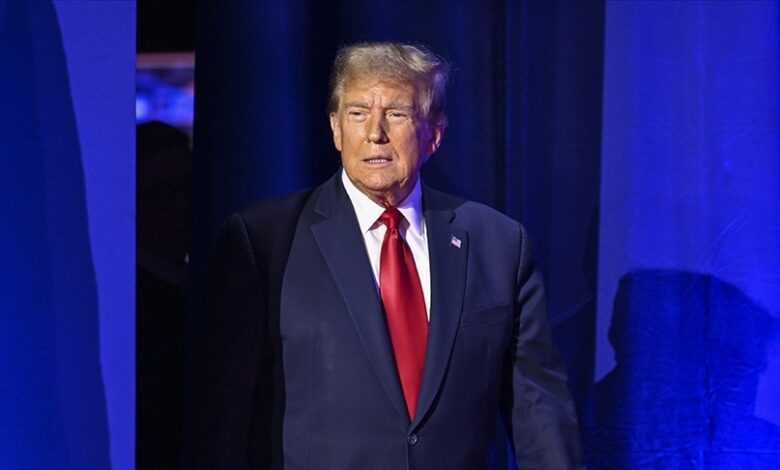Trump’s Deportation Crackdown: Legal Action Against Sanctuary Officials Looms
Former President Donald Trump has intensified his rhetoric on immigration enforcement, vowing to prosecute officials in sanctuary cities who refuse to comply with federal deportation orders.

Washington D.C. – President-elect Donald Trump has reaffirmed his commitment to initiating what he describes as the “largest deportation program in American history,” focusing initially on criminal illegal aliens. In a bold move to enforce immigration policies, Trump’s administration is preparing to prosecute officials from sanctuary cities who resist these deportations.
In recent statements, Tom Homan, Trump’s anticipated border czar, has made clear the administration’s stance: “If sanctuary officials are not compelled to cooperate by an immense loss of federal funds, Trump’s incoming Department of Justice should bring criminal actions against mayors and governors who are determined to defy federal law.” This follows a meeting between New York City Mayor Eric Adams and Homan, where they discussed cooperation on deporting individuals with criminal records.
The policy targets sanctuary jurisdictions, which have historically limited cooperation with federal immigration authorities like ICE (Immigration and Customs Enforcement). Trump’s plan includes invoking the Alien Enemies Act of 1798 to deport non-citizens with criminal convictions swiftly. Despite potential legal challenges, this approach has garnered support from those advocating for stricter immigration enforcement.
Liberal mayors, like Denver’s Mike Johnston, have publicly opposed these plans, with Johnston claiming readiness to face jail time if necessary to protect undocumented immigrants in his city. However, the Ninth Circuit Court of Appeals has recently ruled in favor of federal authority over local objections to deportation, setting a precedent for Trump’s administration actions.
The discourse on social media and among political commentators reflects a divided nation. Some posts on X applaud the potential prosecution of sanctuary officials, seeing it as a necessary step to enforce federal law, while others express concern over the humanitarian implications of mass deportations and the criminalization of local officials for protecting their communities.
This policy shift could lead to a significant increase in federal-state tensions, with implications for local law enforcement, community trust, and the legal system. Critics argue that such measures could lead to family separations, disrupt local economies, and foster distrust between communities and law enforcement. Supporters, however, argue that these policies are essential for national security and upholding the rule of law.
As Trump prepares to take office on January 20, 2025, the nation watches closely to see how these plans will unfold, whether they will survive inevitable legal challenges, and what impact they will have on the American social fabric. The debate continues over the balance between law enforcement and civil liberties in the context of immigration policy.




